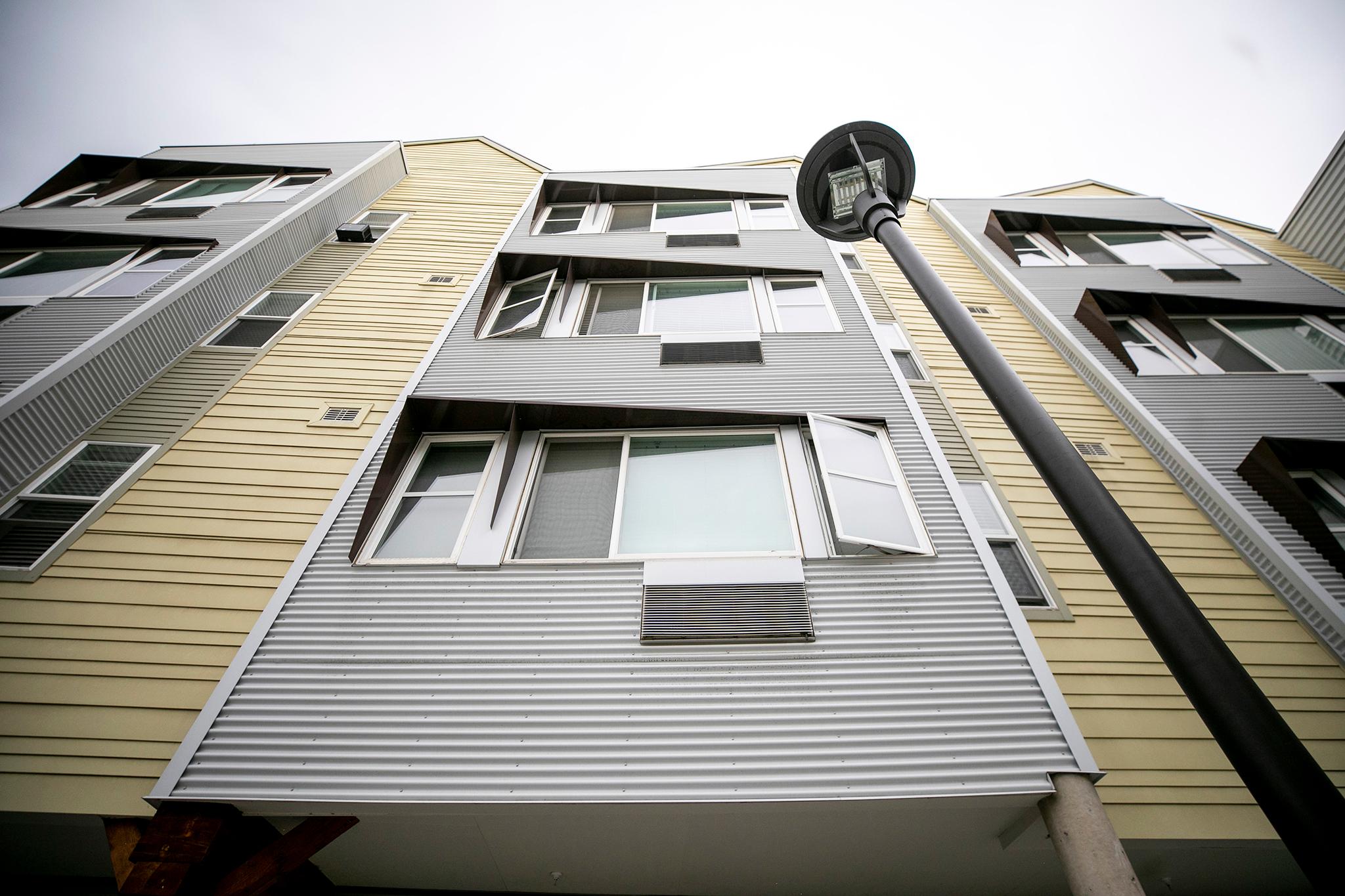The median price of a Denver area home rose to $595,000 in March — nearly 5% higher than homes were sold for at this time last year.
Realtors, gleeful spring finally came, had a good month, selling 3,512 homes — over 13% higher than in February. The industry earned nearly $2.45 billion in sales.
As summer approaches, things are looking up, according to the March Denver Metro Association of Realtors monthly Market Trends Report, covering market activity in Denver, Boulder, Broomfield, Gilpin, Clear Creek, Park, Jefferson, Douglas, Arapahoe, Adams and Elbert Counties.
More people are putting their homes on the market.
Home sellers have “begun to take the golden handcuffs off,” wrote Libby Levinson-Katz, the chair of the Market Trends Committee for the Denver Metro Association of Realtors.
“In many cases, these sellers have chosen to downsize,” she wrote. “The goal for these sellers is to sell their home and use the equity in their home to either purchase the next with their current equity or to obtain a significantly smaller loan. Regardless of their plans, buyers are very happy to see additional inventory.”
Maybe so, but when it comes to affordable houses, there aren’t nearly enough available to meet the demand.
At the end of March, 19 houses under $299,000 were on the market in the Denver metro — a steep but imaginable home price for working people.
For attached properties, like apartments and condos that often come with high homeowners association fees that have been steadily rising along with inflation, there were just 353 such homes on the market at the end of the month.
Even the $300,00 to $499,999 market for houses had just 478 active listings at the end of the month, while the attached home market had 794.
The real estate industry is still making sense of a $418 million settlement in the National Association of Realtors litigation in the Sitzer-Burnett case, an anti-trust lawsuit.
As part of the case, the organization has axed a rule that mandates sellers offer to pay realtor fees for both buyers and sellers, conceivably dropping the price of buying homes.
How the market performs depends on the Federal Reserve’s next moves.
Over the past year, the central bank raised interest rates well above historic lows in recent years.
“Their mission is to cool inflation without causing a significant economic slowdown,” explained realtor and mortgage expert Nicole Rueth. “Striking this balance requires careful calibration of monetary policy.”
Federal Reserve Chair Jay Powell indicated the bank would be lowering interest rates three times this year. That’s been good news for sellers and buyers alike, as high mortgage interest rates have kept many people out of the housing market.
But chances are that won’t happen until after the summer home-buying season. Raising interest rates hasn’t yet curbed inflation caused, in part, by strong job growth and consumer spending, Rueth noted.
On Wednesday, at Stanford University, Powell indicated the central bank would be holding off cutting interest rates until he was confident inflation was under 2%.
Despite these uncertainties, the Denver Metro Association of Realtors predicts a hot late spring and summer market.
“We will continue to see increased inventory, increased buyer demand and the potential for competition,” explained Andrew Abrams, a realtor and member of the Denver Metro Area Realtors Market Trends Committee, in a statement. “While interest rates will pace the market, the seasonality will undoubtedly have a big impact.”












